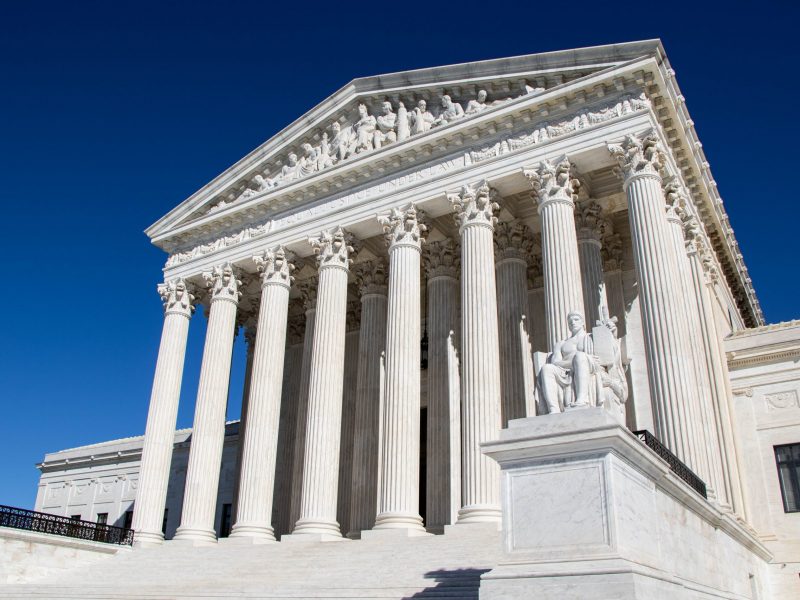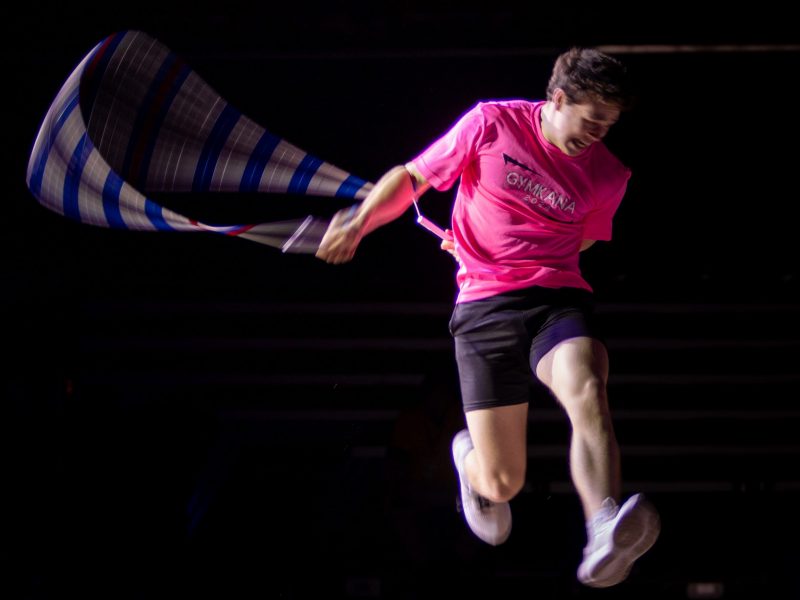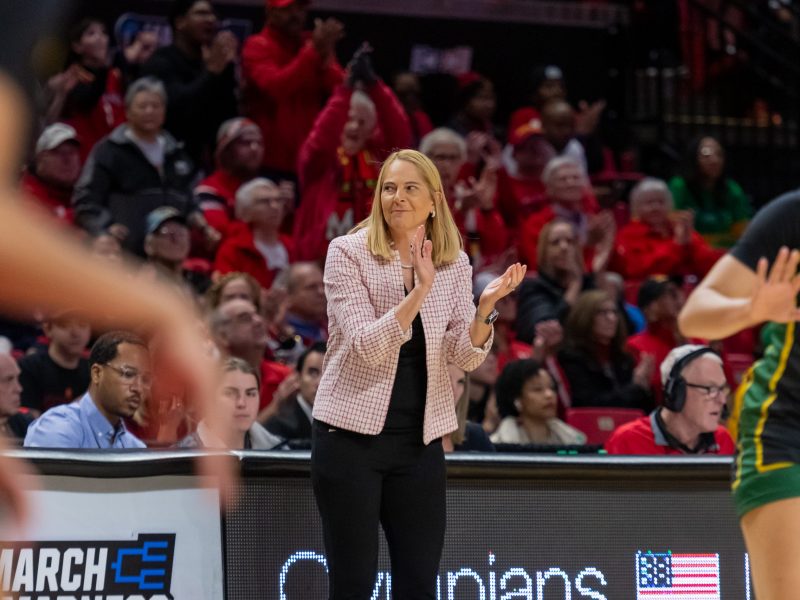
Sexual misconduct
Ever since the University of Maryland unveiled in October its revamped sexual misconduct policy, there’s been a clear disconnect between administrators and students.
While university President Wallace Loh, Office of Student Conduct Director Andrea Goodwin and Title IX Director Catherine Carroll praised the specificity and transparency of the new policy, some of its language elicited a barrage of criticism from student activists.
Some denounced the university’s decision to abandon the University System of Maryland’s misconduct categories — “Sexual Assault I” and “Sexual Assault II” — in favor of “sexual assault” and “sexual contact.” Others fretted about the university’s ability to discipline those accused of sexual misconduct based on “a preponderance of evidence,” citing the policy as a violation of due process.
By and large, administrators haven’t discounted those concerns. Though top university officials like Loh, Goodwin and Carroll have endorsed the interim policy, it remains under review by the University Senate Equity, Diversity and Inclusion Committee. Should the policy pass the EDI Committee and Senate Executive Committee, approval will rest with a senate floor vote before the legislation is sent to Loh to sign.
Officials also have solicited student concerns in the form of two town hall meetings held this week, during which Terry Owen, EDI Committee chairman, addressed qualms raised by a crowd of about 25.
There, activists echoed the misgivings of the past four months. The shift from “Sexual Assault II” to “sexual contact,” the absence of the word “rape” and the limited definition of “sexual assault” particularly worried several of them, who believe the interim policy trivializes the experiences of victims of sexual misconduct and might discourage men and victims who identify as LGBT from reporting such incidents.
This university’s new policy uses nearly identical language to the university system’s existing guidelines. “Sexual Assault I” and “sexual assault” are consistent with each other and combine elements of this state’s legal definitions of rape and sexual offense.
“Sexual Assault II” and “sexual contact” are also consistent; in fact, this university’s definition goes beyond the system’s, including perpetrators’ body parts in addition to victims’ when describing prohibited actions.
Between “sexual assault” and “sexual contact” — two types of sexual misconduct that even Carroll, perhaps students’ staunchest administrative advocate, has acknowledged as categorically different — the policy covers virtually every manner of potential sexual misconduct. As for failing to support men or LGBT victims, the policy includes nonpenetrative acts of sexual misconduct in its definition of sexual contact.
This university has crafted a policy that surpasses state benchmarks and attempts to impartially administer justice for both alleged victims and the accused. Thus far, administrators have met the standards of accountability this editorial board has always striven to uphold.
While activists and advocates can and should continue to foster discussion of the interim policy, the criticisms they’ve leveled at the policy so far mostly come down to language, and do so in a fashion that hardly merits a condemnation of the overall policy.
The terms “sexual assault” and “sexual contact” will only appear on perpetrators’ student records, which aren’t publicly accessible. As long as the university has a comprehensive sexual misconduct policy that punishes perpetrators of sexual misconduct appropriately, the language it uses to identify the incidents is of secondary concern.
If constructive criticism can lead to a stronger, better-worded policy, then this editorial board endorses it wholeheartedly; but, it appears that some of these concerns are misguided. The harshest critiques should be reserved for failures to administer justice and lapses in reporting sexual misconduct.
This editorial board does not seek, nor has it ever sought to discourage activism surrounding sexual misconduct awareness, prevention and reporting. At The Diamondback, we understand why activists so ardently pursue justice for victims of sexual misconduct. We have been sexually assaulted. We have cried as friends and fellow students recounted their own experiences. This editorial board will always stand with you. But today, we ask you to stand with us.


